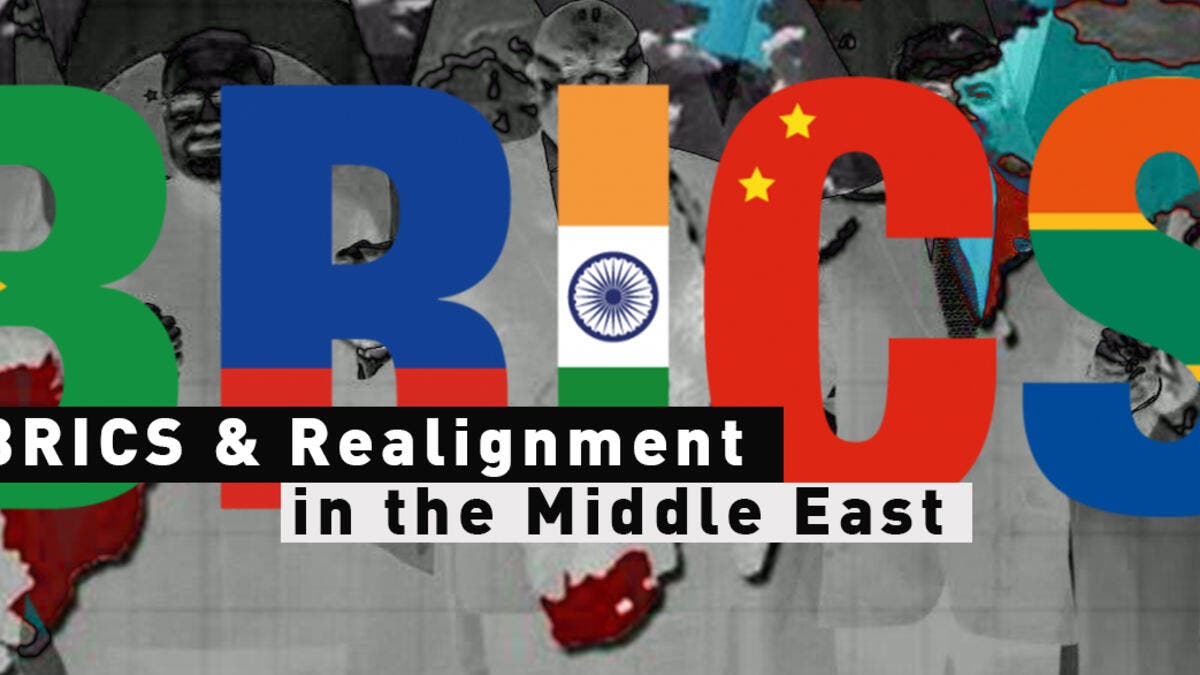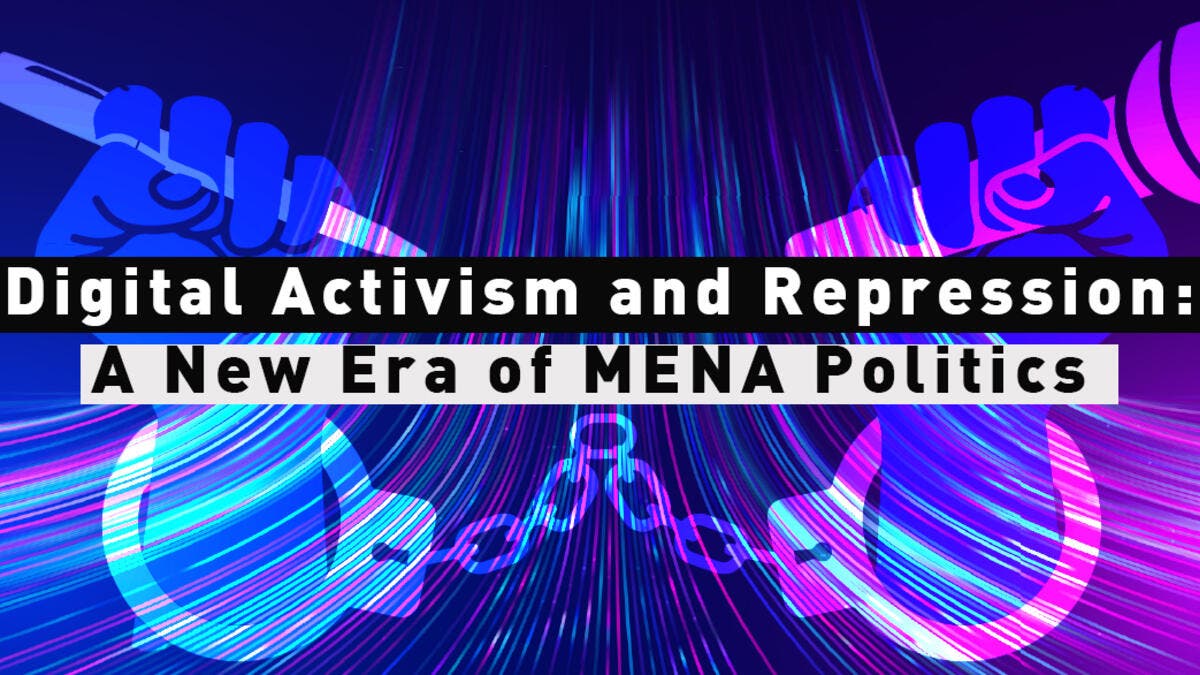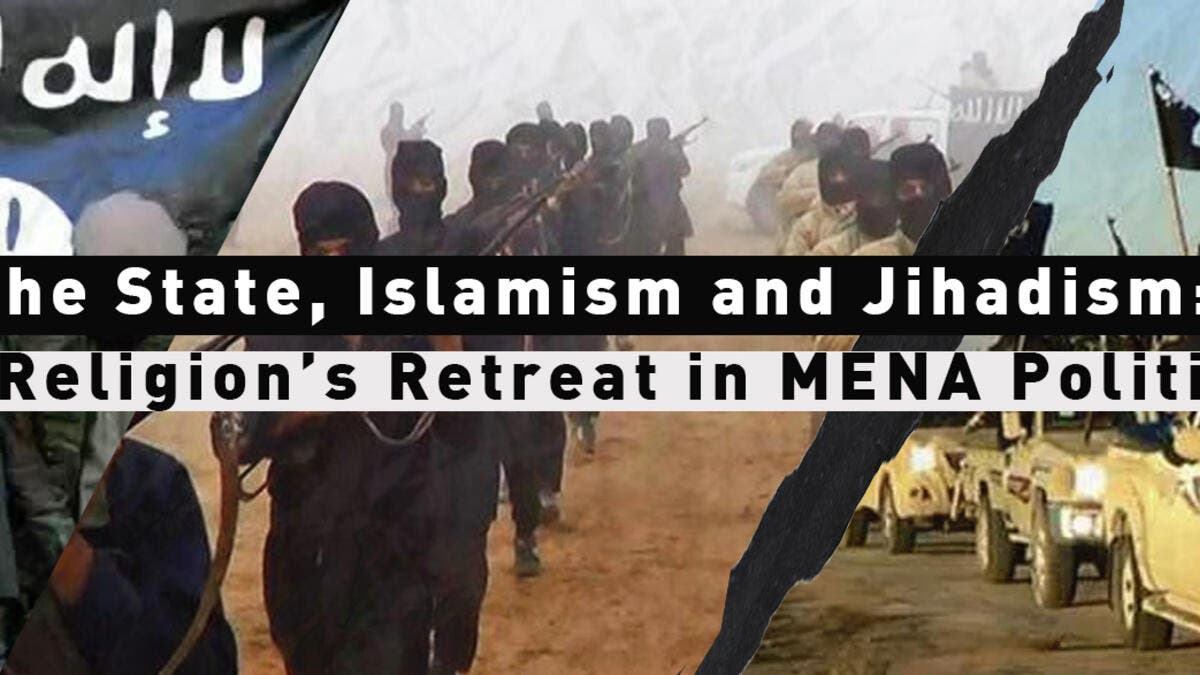
September in Aleppo often yields a clean, cloudless sky in the evening of the Syrian summer. Six years ago in 2016, however, it was stained with spectres of Russian strike planes making battle with opposition to the Assad regime. The unchecked quality of this assault left untold material damage in civilian areas and hundreds dead.
Foreign reporters struggled to find words to convey the devastation of Aleppo wrought by Russian air force; photographs and video of stricken streets and quarters, invaded with debris and emptied of identity, gave expression to the nightmare to foreign audiences. Victory was snatched by a gasping Syrian regime and Moscow relished military success.
Foreign reporters struggled to find words to convey the devastation of Aleppo
Russia’s present invasion of Ukraine has displayed disturbing echoes of its military intervention in Syria, on which it is now “going full Aleppo.” Such an abandoned use of force – barring nuclear weapons though the threat looms – has defined Russia’s conduct in Ukraine as the world awaits the latter’s investigation of more than 21,000 war crimes and crimes of aggression to come to light and lucidity.
As boasted by Putin, the Syrian campaign was "a more effective training for the country's military than drills."
As boasted by Putin, the Syrian campaign was "a more effective training for the country's military than drills." The Syrian prequel to Ukraine was driven by similar motives: the ruin of Assad’s regime risked Russia’s sphere of influence, as did an independent Ukraine drawing towards the West politically and in security.
Regrettably for Russia, such parallels cease abruptly when considering the nature of the opposition: unlike Syria, Ukrainian military opposition has been decidedly cohesive, supported by an equally cohesive Europe and the steady flow of American largesse. The pivot of Russia’s military attention away from the Middle East towards Eastern Europe has consequences; thickening war in Ukraine will affect Russia’s present and future impact in the Middle East to lesser and greater degrees, while its disturbance of regional geopolitics may intensify.

Drone footage, Syria, Aleppo 2017 /AFP
Reconsidering Russia in the Middle East
An obvious consideration is whether the concentration of Russia’s political and military efforts in Ukraine has affected its regional engagement. Amongst the observable implications has been the withdrawal of Russian troops from Syria (and Russian mercenaries from Libya). Such reports have indicated that Iran is taking up residence in Russian military bases.
A diminished Russian military has prompted the Assad regime to invite greater Iranian control over contested areas of the country. Moscow would like to limit the scale of this departure given Russia’s heavy investments in Syria; however, military imperatives in Ukraine might frustrate this ambition. Attempts to muster diplomatic support by Moscow have been in vain. Despite initial hesitation, a U.N. resolution condemning Russia in March was supported by Saudi Arabia, the UAE, and Egypt.
The collapse of Russia’s bid to become a major supplier of military hardware in the Middle East may be a more long-term consequence of this war.
No doubt this change of heart was spurred by stiff conversations between Washington and its Arab partners. Late and lame diplomatic opposition to Russia’s invasion of Ukraine, however, should not be viewed as an indictment of its influence in the Middle East nor its relations with regional partners.
The collapse of Russia’s bid to become a major supplier of military hardware in the Middle East may be a more long-term consequence of this war. Firstly, there are now towering environmental complications for purchasing Russian arms due to sanctions; and secondly, Russian military hardware has been tried and found wanting amid ignominious defeats by Ukrainian resistance.
With the flow of its weapons blocked and their reputation spoiled, Russia’s inroads into the Middle Eastern arms market will retreat. Amongst the likely beneficiaries, China is strongly placed to assume the slack and reap its commercial rewards. Evidence and prospects of Russia’s shrinking engagement and influence, however, halts there.
This war has also shown the resilience of its influence and support in the region. Russia-Syria relations have remained predictably steadfast. Syria’s military has even begun recruiting troops from its own ranks to reinforce Russian forces in Ukraine, offering payments dramatically exceeding the monthly salary of a Syrian soldier. A notable development engineered by the war has been the improvement of Russia’s relations with Iran, previously stunted by conflicting aspirations in Syria and its function in rivalry between Tehran and Tel Aviv.
Iran’s lavish diplomatic support for Russia has been burdened with its ethos of antipathy towards the West. As Khamenei gushed to Putin, “In the case of Ukraine, had you not taken the initiative, the other side would have taken the initiative and caused the war. NATO would know no bounds if the way was open to it. And if it wasn’t stopped in Ukraine, it would start the same war sometime later using Crimea as a pretext.”
This war has also shown the resilience of its influence and support in the region. Russia-Syria relations have remained predictably steadfast.
With both countries now smarting from economic isolation in the global economy – hopes for a new Iranian deal presently looking misplaced – their dependence will grow rather than fade. As such, Tehran is dutifully sharing its extensive knowledge of evading international sanctions to assist Russia’s new predicament. Tehran’s gruelling experiences under sanctions, from lengthy recessions to the indignities of oil smuggling, do not provide an altogether inspiring model for Russia’s future.
Moscow’s acquisition of Iranian-made combat drones, confirmed by US officials in late August, is further testament to deepening Russia-Iran cooperation. Whether this move emphasises Iran’s technological prowess, or Russian desperation over its military travails, is moot.
Iran thus has become a key member of the equally exclusive and unenviable club of countries militarily supporting Russian aggression in Ukraine, in lockstep with North Korea. Russia’s coupling with Iran has upset Israeli hopes that competition between the two in Syria would thin relations.
Iran thus has become a key member of the equally exclusive and unenviable club of countries militarily supporting Russian aggression in Ukraine, in lockstep with North Korea.
Although Gulf countries have not broken faith with America, they have coordinated with Russia since the war to keep energy prices buoyant. The UAE energy minister feebly defended such action, citing “the major hike is geopolitical tensions” rather than “supply and demand” as the impetus behind surging global oil prices. MBS’s cool dismissal of US demands to increase oil production spoke of a greater meeting of interests between Saudi Arabia and Russia than its traditional ally, demonstrating that loyalty to the US does not supplant OPEC+ imperatives.

Iranian President Ebrahim Raisi and Russian President Vladimir Putin speak to each other in Tehran on 19 July, 2022 / AFP
Arab Attitudes and Russian Propaganda
The violent memories and moods of Russia have been stamped on subdued parts of Syria, yet popular sympathy and apathy in the Arab world for Russia’s invasion of Ukraine suggest such harsh legacies have thawed elsewhere.
This curious response has been shaped by autocratic anxiety, Russian propaganda, and the staying power of anti-Westernism in the Middle East. Despite the majority of regional states supporting a U.N. resolution condemning Russia in March, Arab media – usually in lockstep with state policy by virtue of sharp regulation – has been strongly supportive of Moscow.
A popular view in local Arab media is that NATO expansion has provoked Russian military action. As observed in an Algerian newspaper: “this war could have been avoided if the West had acted responsibly…and proceeded not to provoke (Russia).” Despite raising concerns about the negative implications for Arab economies, a writer in Egypt’s Al-Ahram echoes this position: “Russia has the right not to accept a direct threat on its borders.”
Despite the majority of regional states supporting a U.N. resolution condemning Russia in March, Arab media – usually in lockstep with state policy by virtue of sharp regulation – has been strongly supportive of Moscow.
The perception of double standards has also stirred scepticism towards Western outrage. As argued by a Kuwaiti columnist, the West’s “pretext of defending international law” betrays “hypocrisy” given its disregard for human rights issues in Palestine. Explicit support for Russia is also commonplace. Washington is reproached for its “demonization” in Saudi Arabia’s Al-Okaz, whereby a columnist claims it “used Ukraine as bait to entangle Russia in a war of attrition, as it had done successfully in Afghanistan.”
This is not to say that pity for Ukrainian people is absent from Arab media; on the contrary, there is plenty. But on the war’s politics, sympathy towards Russia holds sway. The quiet disparity between official responses to Ukraine and those of local media indicates a common desire of Arab regimes to inspire local sympathy towards Russia.
The dogged defence of liberal democracy in the face of autocratic power is a narrative ripe with risk for Arab leaders; after all, they have been dousing democratic dissent with fierce repression since 2011. This sympathetic coverage of Russia, therefore, smacks of autocratic anxiety and craft. Although state media is certainly not a sound reflection of public opinion, it can shape perceptions over issues which have little public understanding or knowledge.
In the event of China’s reunification with Taiwan, the viscerally disturbing picture of an autocratic state stifling an open and free democracy will similarly prevail in the West. And, as suggested by reactions to Ukraine, Arab authorities will take careful measures to distort this representation in public consciousness in order to defuse its unwelcome symbolism.
Another force swamping facts on the ground in the Middle East has been Russian propaganda. Like China’s CGNT, Moscow has used Arabic-language state media, Russia Today (RT), to penetrate public discourse in the Middle East. According to the Institute for Strategic Dialogue (ISD), RT Arabic has a considerable 85 million users; and strikingly, RT has boosted its audience by 10 million users since the invasion in February. On Twitter, RT has 5.2 million followers, no longer dwarfed by BBC Arabic’s user base of 8.9 million.
However, as ISD’s Executive Director for AMEA, Moustafa Ayad, emphasised to DW: “It’s important to look beyond state-affiliated agencies to the impact of Facebook-only media outlets which are sharing, repurposing and rebranding RT and Sputnik content…(like) entities that exist solely on social media platforms.” To this end, ISD identified 10 Twitter accounts, with a combined following of over 350,000. Publishing only in Arabic, their tweets promoted Moscow’s narratives and called attention to the failings of Western leaders.
In the event of China’s reunification with Taiwan, the viscerally disturbing picture of an autocratic state stifling an open and free democracy will similarly prevail in the West.
Remarkably, these accounts (which have been closed by Twitter) ostensibly belong to striking Russian women: adorned in leopard print and khaki-coloured clothing, they display heavy eyelashes, dramatised lips, and liquid eyes. Though the women are not immodestly dressed, a hint of Russian regard for regional sensitivities, the Kremlin’s use of sexuality to sell its propaganda to male audiences in the Middle East is blunt.
Arab social media reveals further evidence of popular support for Russia. As Nadia Oweidat, an academic researcher of digital activism, noted: “with rare exceptions, the dominant narrative deflects sympathy away from Ukraine to focus on the supposed evils of Western liberal democracies, and often defers to the Russian narrative about the war.”
An Arab News-YouGov survey suggests that indifference, rather than support, is the dominant reaction amongst Arab general publics. Taken in May, it found that of 7,835 respondents from the Arab world, 66% did not have a stance on the Russia-Ukraine conflict. In explanation of the absence of Arab opposition towards Russia, commentators have shared observations found in Arab media about perceptions of Western “double standards,” from Palestine to Iraq.
In explanation of the absence of Arab opposition towards Russia, commentators have shared observations found in Arab media about perceptions of Western “double standards,” from Palestine to Iraq.
The instinctive reaction of the public, so the argument proceeds, is of deafening scepticism to Western postures in foreign affairs (arguably, this also has tamed Arab hostility to Western-led criticism of Muslim repression in Xinjiang). Feelings of anti-Westernism course richly in the Middle East. However, in defining popular reactions to Ukraine, a jarring contradiction is exposed: forgiveness or forgetfulness of Russian brutality in Syria.
Indeed, whatever the failings of the US-led invasion of Iraq, the fact that it sought to overthrow, rather than salvage, a merciless dictatorship is a moral distinction of no consequence in the region. Popular anger over Russian action in Syria, it seems, has not reimposed itself on the present.

Russian President Vladimir Putin welcomes Saudi Deputy Crown Prince and Defence Minister Mohammed bin Salman during a meeting at the Kremlin in Moscow, Russia, May 2017 /AFP
Ukraine and MENA Geopolitics
Geopolitics were evolving before Russia’s invasion of Ukraine but the crisis has catalysed its turning tides. Although the Middle East so far wears its impact lightly, this condition is unlikely to endure. Until recently, regional relations between the US and Russia remained cooperative. Expectations that this state of affairs would endure, however, now look doubtful.
Ukraine has thrown into relief the degree to which US-Russia cooperation shapes the affairs of troubled spots in the Middle East. An indefinite spell of conflict between Russia and the US (with the wider West) imperils stability in the region if the collaborative spirit which has flavoured this dynamic yields to confrontation.
This is most visible in Syria where political outcomes are wholly contingent on cooperation between America and Russia, now unsettled by the latter’s blunt aggression in Ukraine. Slim hopes in the UN-led process seeking a nationwide ceasefire in an attempt to stabilise the conflict and advance a sustainable political solution, have all but faded amid the surge of US-Russia acrimony.
This concern also extends to Libya. The bite of sanctions and political isolation on the world stage could incite a vindictiveness in Moscow, leading it to assume a more uncompromising posture addressing political divisions in Libya.
Russia has cautiously manoeuvred around NATO forces in Syria since its invasion and prior. But its tolerance of US counter-terrorist operations or distribution of humanitarian aid could now change. As of yet, however, there is no sign nor indeed obvious reason why Russian forces might heighten tension with US troops on the ground. This concern also extends to Libya. The bite of sanctions and political isolation on the world stage could incite a vindictiveness in Moscow, leading it to assume a more uncompromising posture addressing political divisions in Libya.
Despite strained resources in Ukraine, Russia appears to be sitting firm in Eastern Libya with Khalifa Haftar’s self-styled Libyan National Army, holding out to seize a sizable stake in the country’s future. Ukraine has also defined other geopolitical tensions. In late May, Turkey announced an approaching military operation to carve out a 30-kilometre safe zone along its border with Syria; Ankara had previously refrained from doing this while a cease fire mediated by Russia prevailed.
An emboldened Erdogan might seek to leverage Russia’s opposition to Sweden and Finland joining NATO, which needs Turkey’s approval, to alter Russia’s prior opposition made in concert with Washington. Military tension between Israel and Iran has also risen. Replenishing Russia’s depleted military bases and assuming greater control over contested areas in the country, Tehran enjoys more power and licence in Syria with Moscow’s eyes and energies averted.
Predictably, Israeli operations have multiplied to counter this unwelcome development; for example, strikes on Syrian airports have intensified to disturb Tehran’s increasing use of aerial supply lines to arm allies. Ukraine’s conflict also affects the Iranian Nuclear Deal, whose negotiations continue to be doggedly thrashed out by the Biden administration (a ripple of hope subdued by yet another hindrance has become bi-monthly ritual in Washington).
Predictably, Israeli operations have multiplied to counter this unwelcome development; for example, strikes on Syrian airports have intensified to disturb Tehran’s increasing use of aerial supply lines to arm allies
In March, it appeared that the growing weight of Western sanctions had prompted Moscow to stall negotiations. But a week later, Russia appeared to signal that sanctions would not, in fact, impinge on them. However, whether these already fragile negotiations can proceed without being undercut by soaring US-Russian tension is questionable. Broader diplomatic effort to curb regional missile proliferation similarly faces dim prospects between the pooling of Russian and American attention in Ukraine, and enthusiasm for deterrence across the Gulf as a means of defence.
Russia’s estrangement on the world stage has strengthened its relations with China, inviting more teamwork between the two powers in the Middle East. Given its interest in regional stability, Beijing has likely nurtured a quiet respect for Moscow’s unbending efforts to reimpose stability on Syria and thwart democratic forces. There is little indication at present that China and Russia proactively coordinate their regional policies.
There is little indication at present that China and Russia proactively coordinate their regional policies.
China’s position in the Middle East remains tethered to commerce and has traditionally deferred to US interests. However, its regional relations with Washington are now taut in matters of arms and technology. The sharpening of anti-Westernism in Beijing’s foreign policy and mounting frustration in Moscow could inspire greater China-Russia regional cooperation at the expense of US interests.
Indeed, recent developments in the Shanghai Co-Operation Organisation, namely Iran being granted membership, suggests that Beijing is now summoning an anti-Western world order; the fact that Beijing resisted Tehran’s membership only a few years ago to avoid irritating Washington speaks to the repositioning of international relations.

October 8th explosion on a key Crimea Bridge / AFP
An Uncertain Future
An unfamiliar global order is emerging, one which is throwing out heavy shadows of conflict and competition. Popular reactions to Ukraine shed light on the political considerations of Arab citizens encountering this state of affairs: much like Arab regimes, they appear either sceptical of Western anxieties or incurious.
Amid this geopolitical flux, Russia’s relationship with the Middle East may alter. Its position in the region has not been greatly affected by its ongoing invasion; however, Russian military success in Syria has remained elusive in Ukraine.
Recent threats emanating from Moscow about using nuclear weapons speaks of weakness, not strength. And the further Russia sinks into Ukraine, the less liable it is to cut loose. Russian power and aspirations in the Middle East thus seem vulnerable to change. Moreover, as Ukraine continues to squeeze world affairs, pressures on regional politics will rise.
Russia’s relationship with the Middle East may alter. Its position in the region has not been greatly affected by its ongoing invasion; however, Russian military success in Syria has remained elusive in Ukraine.
Declining Russian attention in the Middle East, coupled with Moscow’s perishing relations with Washington, threaten to inflame existing regional tensions and summon new ones – not to mention the political stresses fuelled by growing shortages of basic goods like wheat.
Ukraine has stiffened the security measures of European countries and laid bare their naiveté in the progress of world politics. With Russian and US attention ever more seized away from the Middle East, its regimes will follow suit and seize greater licence and autonomy for regional security.
This trend began after the 2011 Uprisings, but as foreshadowed by unresolved conflicts in Yemen and Libya, its hastening may aggravate rather than curb tensions. The disruption of war in Ukraine to the rhythm and balance of Middle Eastern politics is apparent and will deepen.
The views expressed in this article do not necessarily reflect those of Al Bawaba News.








